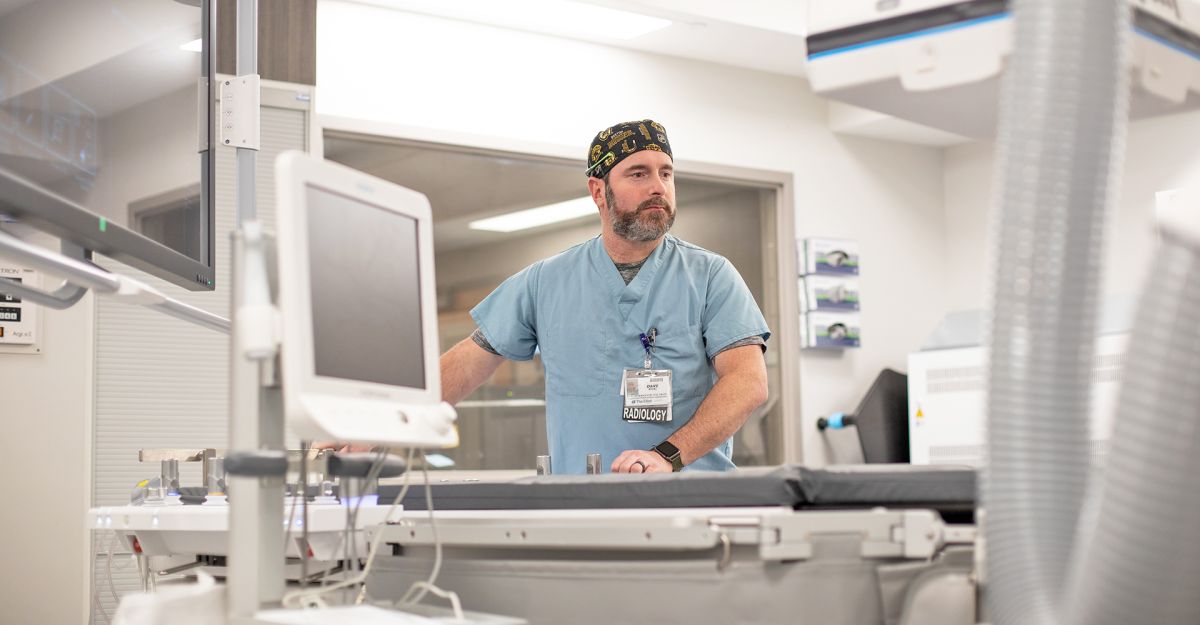PET Scan
A positron emission tomography (PET) scan is an imaging test that can reveal the metabolic or biochemical function of tissues and organs affected by disease.

A positron emission tomography (PET) scan is an imaging test that can reveal the metabolic or biochemical function of tissues and organs affected by disease.
PET scans use a radioactive drug, called a tracer, to show normal and abnormal activity in the body. PET scans often detect abnormal metabolic activity before the disease shows up on other imaging tests, like CT or MRI scans.
You should tell your provider if there's a possibility you are pregnant or if you are breastfeeding. Depending on the type of exam, your provider will instruct you on what you may eat or drink beforehand. You should leave jewelry at home and wear loose, comfortable clothing. You may be asked to wear a gown.
You will receive specific instructions based on the type of scan you are having.
A PET scan requires the injection of a radioactive drug, called a tracer, into a vein. This results in a small amount of radiation exposure. Most of the radioactivity passes out of your body through urine or stool. Any remaining radioactivity will disappear over time naturally.
Talk with your provider about the risks and benefits of PET scan services especially if you are pregnant or breastfeeding.